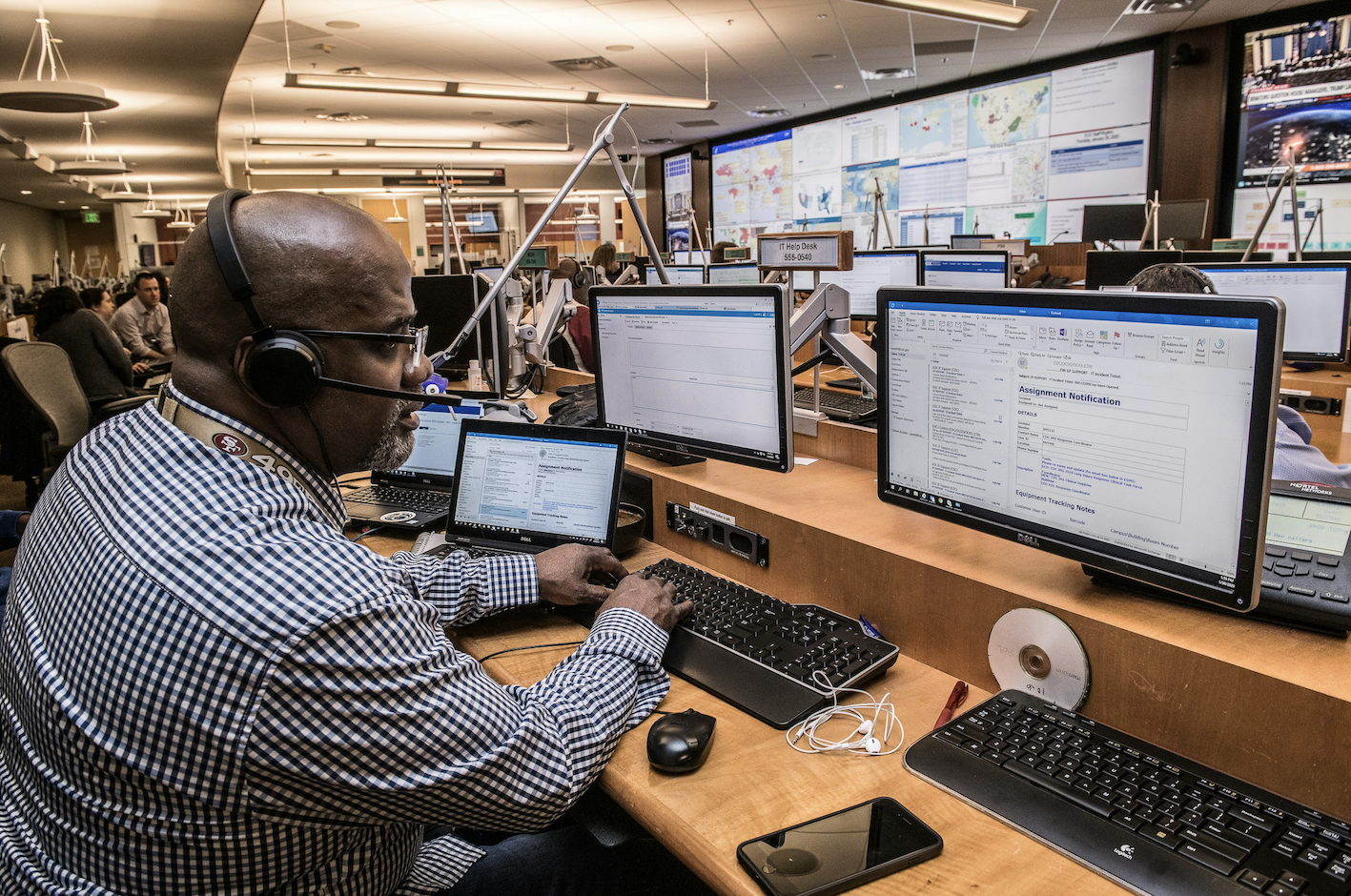
Lighthouse Research publishes data about candidate hiring and assessment preferences year after year. Their findings act as a compass for hiring teams to reflect on the candidate experience they’re providing during the assessment phase of the hiring process and navigate a better path forwards. The assessment phase takes place near the beginning of the hiring process and can be defined as:
“The Assessment Phase is where we have received a shortlist of candidates, and have decided which ones we would like to progress into the next step, by meeting them, be it in person or connecting with them via any digital platforms that we use.
The digital platforms that any hiring team chooses to use or not use during this phase will contribute to the quality of the candidate experience. Given that 70% of candidates have considered dropping out of their most recent hiring process, and nearly 40% said it was because the hiring process was too complicated, employers have a lot to gain from improving their candidate experience as early on in the process as possible.
Give the Candidates What They Want!
Candidates want to know what a position is paying from the moment they apply. They feel this demonstrates honesty and transparency at a company. They also value their time and experience throughout the process - so much so that candidates are actually ghosting employers if the process is too long or complicated. This is even more true for candidates aged 18-24.

Employers can facilitate less onerous hiring processes by:
- Reducing the time it takes for candidates to move through the process
- Giving timely status updates
- Treating each candidate as a unique individual, rather than just sending generic communications
- Implementing technology systems that are easy to use
While it is up to hiring teams and recruiters to speak to candidates in a personalized and timely manner, assessment technology can help reduce the time of the entire hiring process and create a streamlined experience for candidates.
Candidates Want Assessments
Assessment technology is advantageous for both employers and candidates. Employers can use pre-employment assessment tests to process larger volumes of candidates faster, and in most cases more effectively than manual processes - but what’s more is that candidates like these types of tools as well.
Assessments that are automated give candidates a chance to show their skills without the fear and nervousness of an interview setting, says Mandi Gilbert on Inc. Contrary to previous research, new data revealed 63% of candidates believe relevant and/or simulation-based assessments add value to the hiring process. Ben Eubanks the Chief Research Officer at Lighthouse Research and Advisory summarizes:
“Candidates actually desire…assessments that allow them to demonstrate competencies, …Providing these creates a positive experience for candidates and offers more robust selection data for employers.”
Let’s take a closer look at candidate assessment preferences.
Create a Streamlined Assessment Experience
When it comes to interacting with an automated assessment during the assessment phase, candidates do have an idea of what they like and don’t like. For example, just like long hiring processes, more than 1000 candidates said they don’t like long assessments. Three out of four of those candidates said they believe up to twenty minutes is a fair amount of time for an assessment to take place. The question for employers is whether or not they can effectively gauge a candidate in that amount of time. Trying to find a balance between effective candidate selection and a swift candidate experience is the name of the game.
Candidates also revealed their preferences about the kinds of assessments they prefer. When it comes to evaluation, 62% want an assessment that is testing for future growth potential. Whether or not the employer is providing that type of assessment is another question, because ultimately they are bound by what technology is available and appropriate for their team size, along with what their budget permits. The takeaway here is that hiring teams using assessments should understand that candidates want to be read for what they can do, not necessarily what they’ve done - which skills based hiring assessments achieve.
The biggest takeaway from across the industry is that the assessment should be relevant and easy to use. If it can simulate the job for the candidate through scenarios while assessing them, this is the best type of assessment to use. They allow candidates to demonstrate their soft skills in the actual job they would be doing, while signalling to employers whether they can do it well, efficiently and objectively. If employers can listen to what candidates from an assessment experience and give it to them, it’s a win-win for everyone involved.
Image Credits
Feature Image: Unsplash/Getty Images
Image 1: Lighthouse Research




















.jpg)

.jpg)


























.jpg)




.png)
.png)






































.webp)




